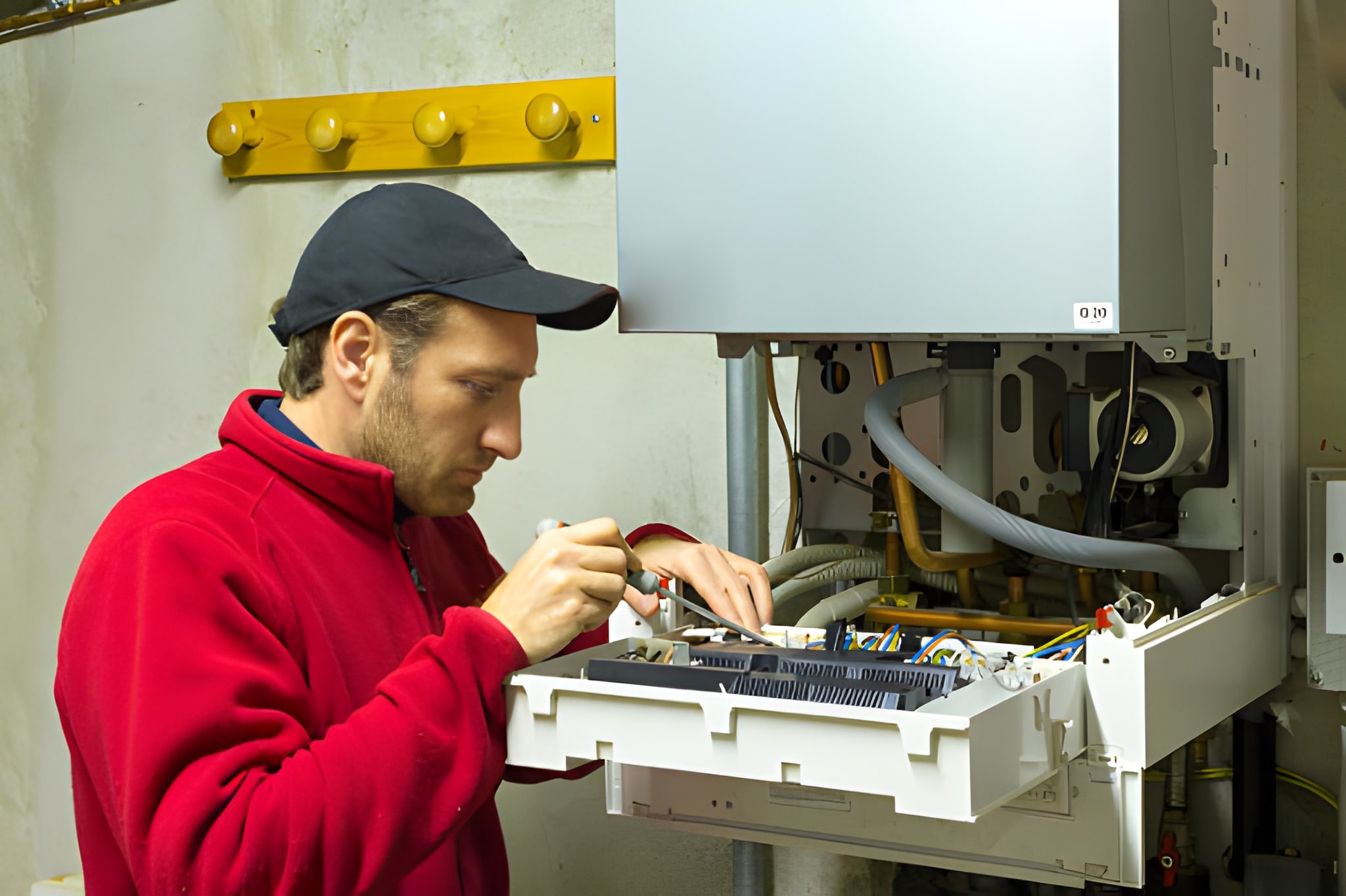An annual heating maintenance program keeps your system safe, efficient, and reliable when North Texas temperatures dip. In the DFW Area, TX, homes rely on a mix of gas furnaces, heat pumps, and electric furnaces. Because winters are usually mild but punctuated by occasional cold snaps and humidity swings, routine Tune-Ups prevent late-season failures, protect against combustion and carbon monoxide risks, and preserve equipment warranties.

Why routine heating maintenance matters in DFW Area, TX
- DFW climate encourages year-round HVAC use: heat pumps often run for both heating and cooling, so both systems and refrigerant circuits need seasonal attention.
- Dust, pollen, and construction activity in growing suburbs increase filter load and duct contamination.
- Occasional freezing temperatures and recurring humidity can cause condensate and defrost issues that escalate without preventive care.
- Manufacturer warranties commonly require documented annual maintenance to remain valid.
Common heating systems and issues in DFW homes
- Gas furnace problems: dirty burners, weak ignition, clogged flame sensors, cracked heat exchanger, poor combustion, and exhaust/venting issues.
- Heat pump problems: low refrigerant, failed reversing valve, weak airflow due to dirty coils, improper defrost cycles, and electrical or compressor stress from heavy seasonal use.
- Electric furnace issues: worn blower motors, faulty contactors, and uneven heating from clogged filters or duct leakage.
- Whole-house concerns: reduced airflow, uneven room temperatures, thermostat calibration drift, duct leaks, and indoor air quality decline.
Seasonal inspection checklist (what a professional Tune-Up covers)
- Replace or inspect air filters and recommend appropriate MERV rating for your home.
- Visual and operational inspection of burners, ignition assembly, and flame pattern for gas furnaces.
- Combustion analysis and CO check on gas appliances to confirm safe operation.
- Inspect heat exchanger for cracks or corrosion in gas furnaces.
- Refrigerant level check, visual coil inspection, and refrigerant leak detection on heat pumps.
- Measure airflow, static pressure, and supply/return temperature split; clean or adjust blower assembly.
- Inspect electrical connections, capacitors, relays, and motor amp draws.
- Test safety controls, limit switches, and thermostat accuracy.
- Clean condensate drain and check secondary drain pans.
- Inspect vents, flue, and outdoor unit clearance; check duct connections and insulation where visible.
Diagnostic process explained simply
A qualified technician follows a consistent diagnostic flow: visual inspection, non-invasive measurements, targeted testing, cleaning, and functional verification. For gas furnaces that means a combustion analysis to measure efficiency and confirm safe venting. For heat pumps the tech will read refrigerant pressures and verify the compressor and reversing valve operate properly. Electrical checks ensure motors and controls draw expected amperage, preventing surprise failures. All findings are documented so you know what was tested, what was cleaned, and any repair recommendations.
Typical repairs and solutions after a Tune-Up
- Filter replacement and blower cleaning to restore proper airflow.
- Flame sensor cleaning, ignition module repairs, or burner adjustment to stabilize firing.
- Refrigerant leak repair and recharge for heat pumps when levels are low.
- Condensate line clearing and secondary pan service to prevent water damage.
- Duct sealing recommendations and spot repairs to improve delivery and balance.
- Replacement recommendations for failed components that threaten efficiency or safety (heat exchanger, compressor, or motor).
Recommended service intervals for DFW homeowners
- Gas furnaces: annual pre-winter inspection and combustion check.
- Heat pumps: two Tune-Ups per year (fall and spring) because systems provide both heating and cooling in DFW.
- Electric furnaces and air handlers: annual inspection.
- Air filters: check every 1 to 3 months depending on filter type, pets, and indoor air quality needs.
- Timely service minimizes emergency breakdowns during cold snaps and helps maintain manufacturer warranty requirements.
Maintenance plan membership perks (what to expect)
- Priority scheduling during peak seasons so Tune-Ups and emergency service are handled faster.
- Documentation stamped for warranty compliance and equipment records.
- Seasonal reminders to book pre-winter or pre-summer service.
- Discounts on diagnostic fees or parts and labor for covered repairs.
- Regular performance reports showing airflow, temperature splits, and any recommended actions to improve efficiency.
Energy savings and equipment longevity outcomes
Proper maintenance reduces energy waste by restoring designed airflow, calibrating controls, and optimizing combustion or refrigerant charge. Well-maintained systems can operate more efficiently, often producing measurable reductions in utility use and lowering repair frequency. Routine care also slows wear on motors, compressors, and heat exchangers, extending useful life by multiple years and preserving replacement value.
Practical homeowner maintenance tips
- Change disposable filters every 1 to 3 months and consider higher-quality pleated filters for better particulate capture.
- Keep outdoor units clear of debris, vegetation, and leaves, especially after storms common in the DFW area.
- Program thermostats for consistent setbacks to reduce run time and avoid short cycling.
- Keep returns and supply vents unobstructed and vacuum visible ducts and grilles seasonally.
- Schedule pre-season inspections: heat pumps in fall, gas furnaces in late fall or early winter.
FAQs
Q: How often should I schedule heating maintenance for a heat pump in DFW?
A: In DFW, schedule heat pump service twice a year—spring and fall—because the system often runs year-round for both heating and cooling.
Q: Does maintenance help with manufacturer warranty requirements?
A: Yes. Most manufacturers require documented annual maintenance to keep parts and labor warranties valid.
Q: What does a combustion analysis check do for gas furnaces?
A: A combustion analysis measures burner efficiency, fuel-to-air mixture, and flue gases so technicians can confirm safe operation and detect combustion problems early.
Q: Can Tune-Ups reduce my energy bills?
A: Proper Tune-Ups restore system efficiency by improving airflow, calibrating controls, and ensuring correct refrigerant charge or combustion, which typically lowers energy use.
Q: What immediate signs mean I should call for maintenance now?
A: Persistent odors, unusual noises, uneven heating, rising energy bills, frequent cycling, or a carbon monoxide detector alert are reasons to request professional inspection promptly.

Flexible Financing Options
Explore our range of flexible financing options designed to suit your needs and budget.













